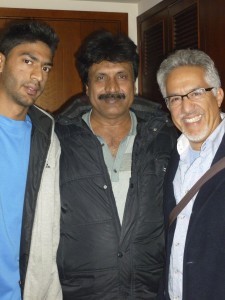Terrorism, sex trafficking, water availability and poverty are the most pressing issues of our day. The impact they have in our daily lives boggles the mind.
A lot of time and money has been invested to deal with these issues yet they remain and continue to get worse.
Is there anything anyone can really do? Are there real solutions?
While at the 21st FICA conference in Columbus, Ohio, I met with a group of Indonesian university students who spent three full days discussing the Development of Small Manufacturing in Indonesia.
As we looked deeply into the issues it became apparent to me that the urgent conditions that have arrested our attention are but symptoms of a much greater problem. The root issue goes deeper and it starts in the village.
While the urban sector represents the majority of the global population, the rural sector still contains 47% of the total population (UN Department of Economic and Social Affairs).
Every day large numbers leave their villages and flock to cities looking for a better future. In these cities, a few find employment but must live in deplorable conditions, while most simply languish, adding daily to the explosive growth of slums. I have been in slums from Jakarta to Cairo and the conditions are very similar. Most would like to return “home” but with no jobs, there is little incentive to return.
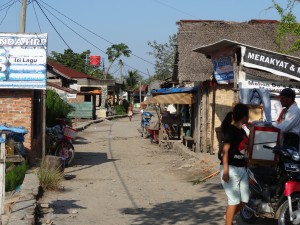
Langkat, a fisherman village north of Medan
Last May, I visited Jentera, Karang Rejo and Langkat, three villages around Medan in Northern Sumatra, Indonesia. I went with Ibu Sora who lives in Medan and for the last year has been running a Micro Loan scheme which she started with her own funds. She now has 1,000 women as her clients!
Each one of these ladies borrowed $100 with a commitment to pay it back in six months, $5 each week. They now run thriving consumable business, assisting their husbands in the support of their families. They are living examples that life in the village can work and work well!
By developing small industries that emerge from within the context and values of the local people, a world of positive and sustainable change can come, creating opportunities for honest employment and development.
A few friends have come to similar conclusions and are focusing their efforts towards sustainable development at the “village” level.
FICA and the Indonesian students in the USA are pursuing opportunities which can change the direction of a generation of people.
I’m joining them and encourage you to look deeper and support efforts which focus on the deeper issues.
*I first heard of “The truth isn’t sexy” from Shannon Hopkins, a fellow warrior investing her life serving people in London
[author title=”Author” author_id=””][share title=”Share” facebook=”true” twitter=”true” google_plus=”true” linkedin=”true” pinterest=”true” reddit=”true” email=”true”]

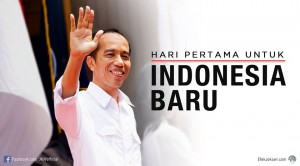
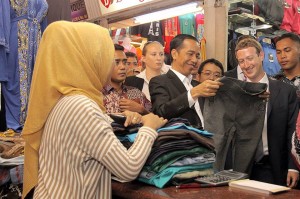
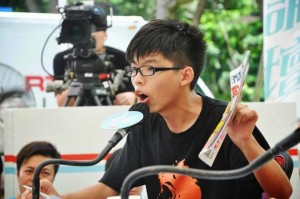

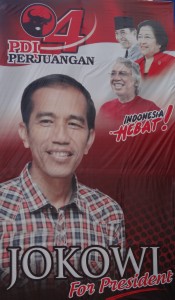
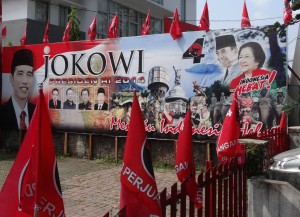 ne itself by itself. Instead of falling into the North-South or East-West definitions of the last century, this nation has sought to carve an identity of its own. With Jokowi as president, Indonesia has the potential to lead the world by caring for the poor first and thus caring for the well-being and health of the nation.
ne itself by itself. Instead of falling into the North-South or East-West definitions of the last century, this nation has sought to carve an identity of its own. With Jokowi as president, Indonesia has the potential to lead the world by caring for the poor first and thus caring for the well-being and health of the nation.